Stages of Adaptation for Caregivers
I did not expect to be raising a child with a disability. In fact, I’m pretty sure no parent does. When I dreamed of having children, I imagined them healthy and living life like their peers. Sure, there was bound to be misbehavior and bumps along the way, but not a disability. Certainly not one that would shatter my hopes and dreams and force me to change my expectations. Adapting to being a parent or caregiver of a child with a disability can be hard.





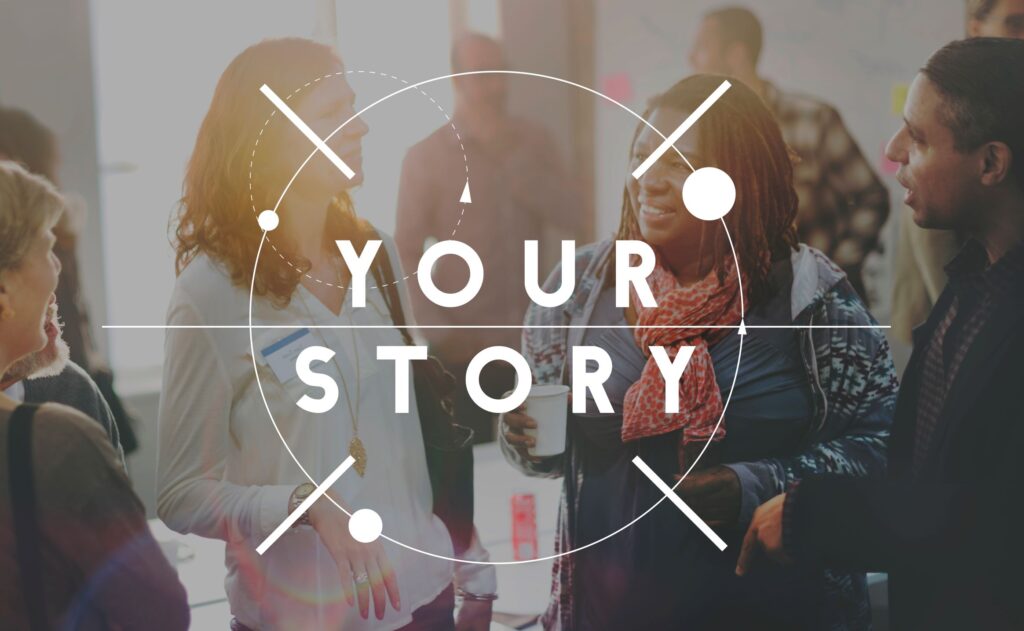
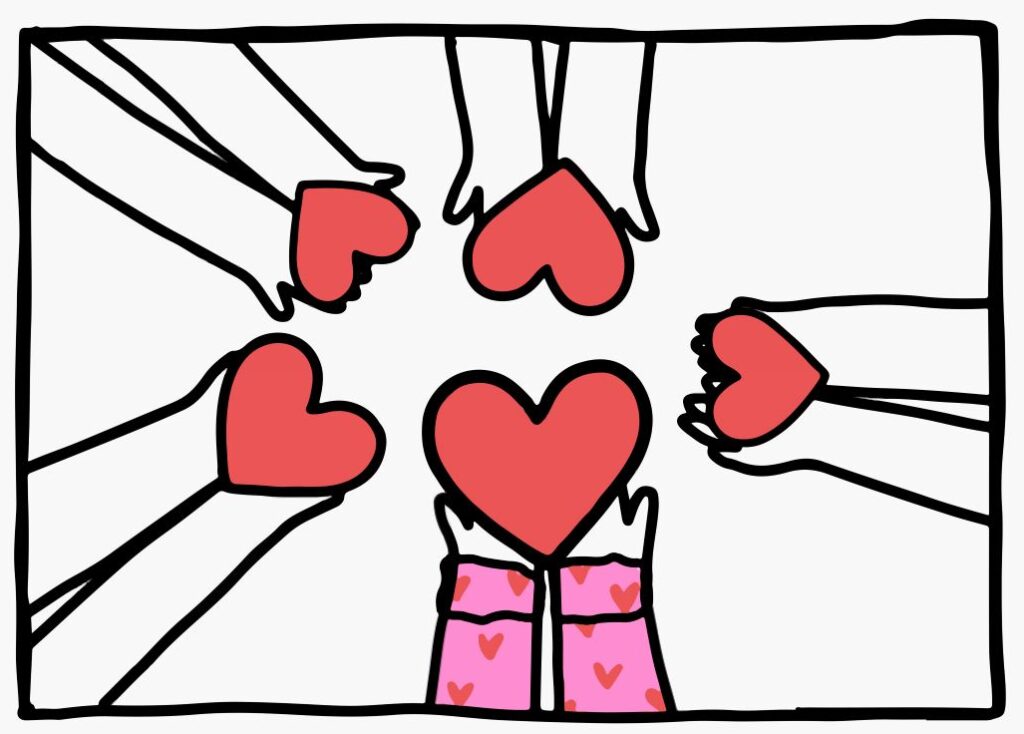
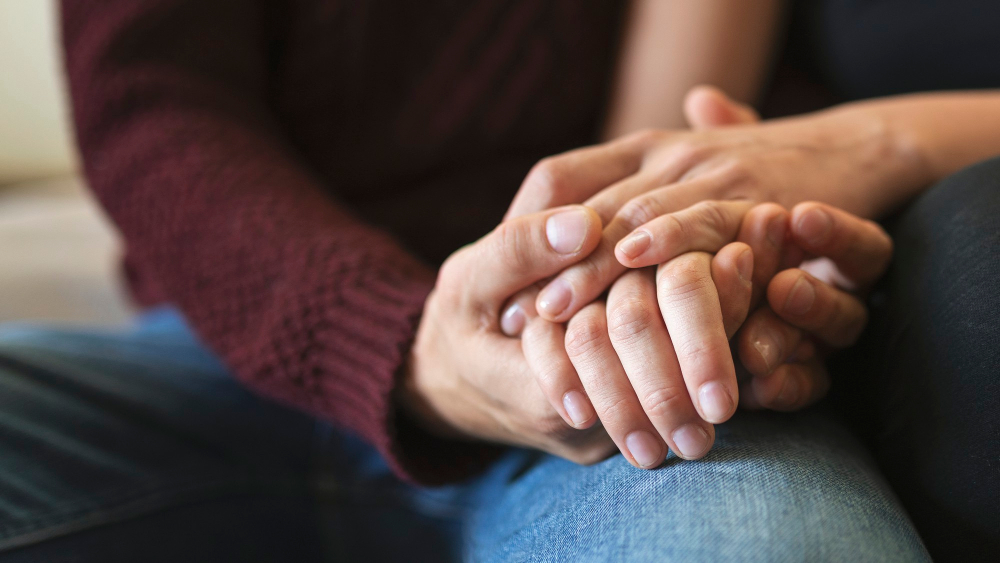

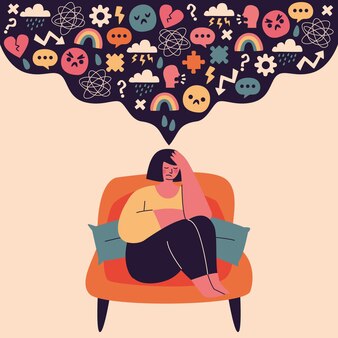



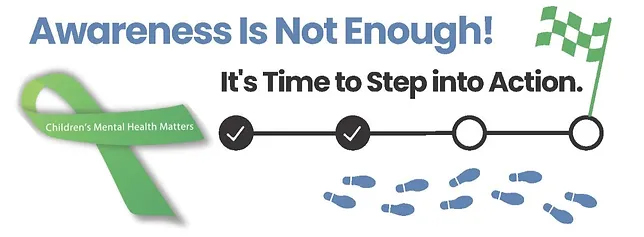
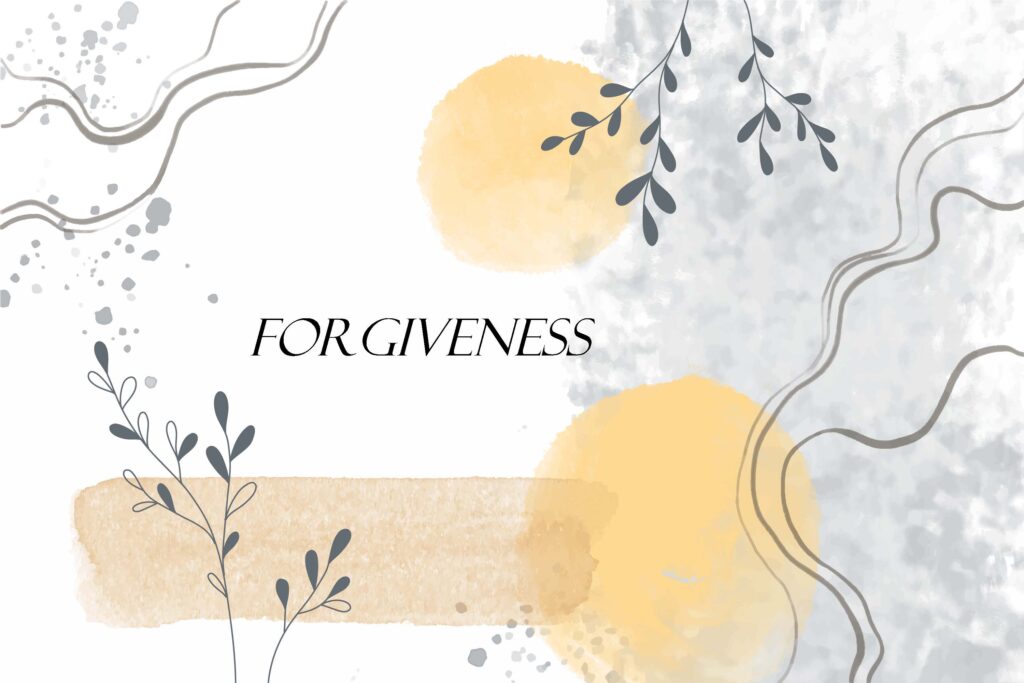

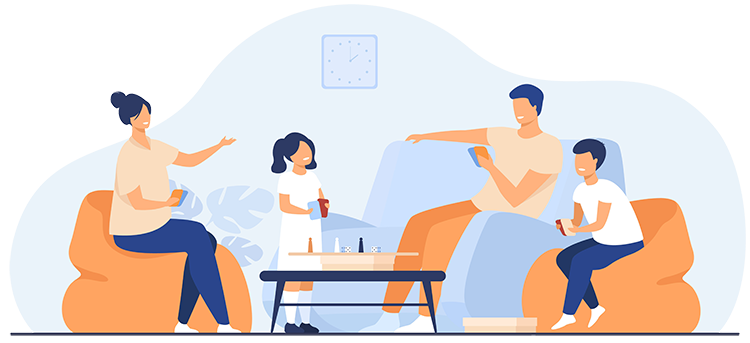
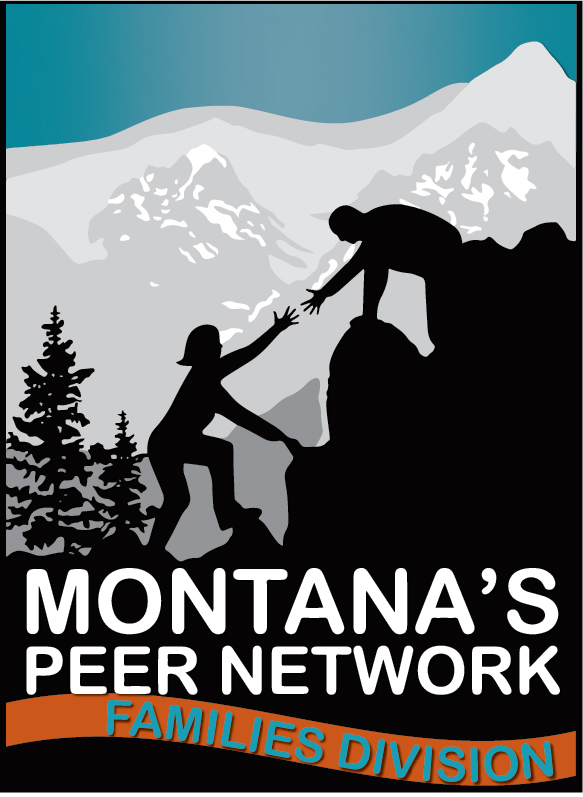


Family Peer Support Advocacy Opportunity
It is time to let your voice be heard! There are 2 opportunities in January to give public comment advocating for Family Peer Support.
The MT Family Peer Support Task Force & Steering Committee worked tirelessly last year to develop professional standards for Family Peer Supporters. Unlike other states, Family Peer Supporters in MT work with parents/caregivers of children with ANY special healthcare need, including behavioral health. Attached is an overview of the professional standards that will be recommended for Family Peer Supporters in MT. Now it is time to focus our efforts on certification and funding. There is an advocacy opportunity on January 18, 2024.